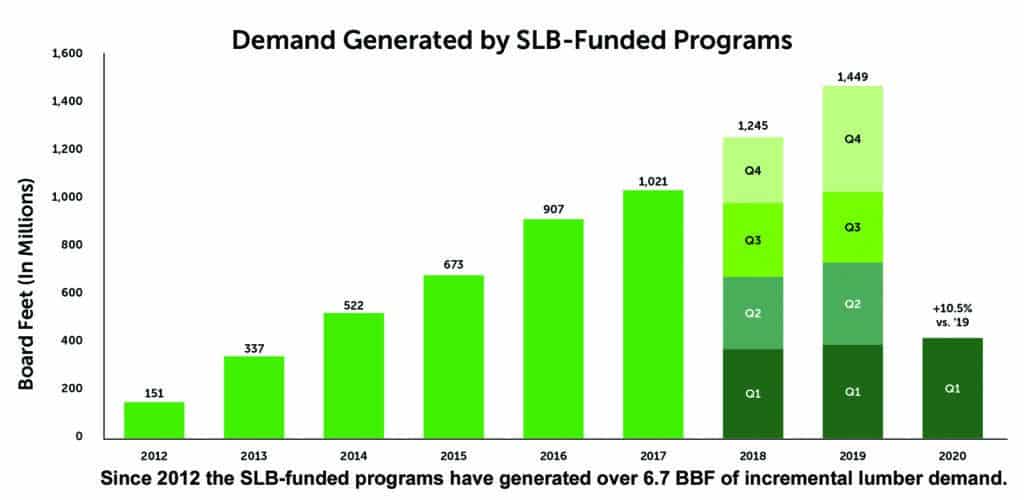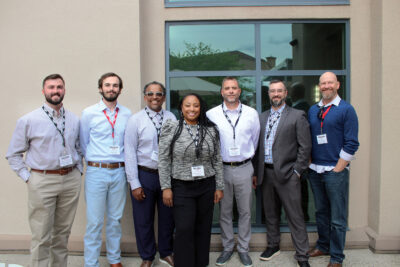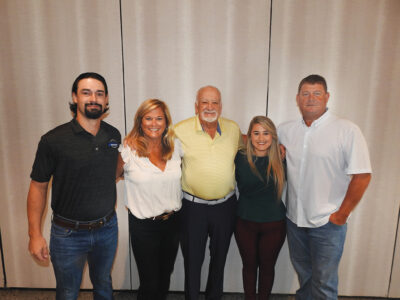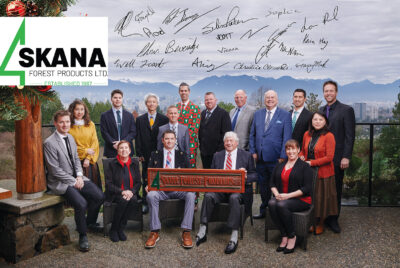The COVID-19 pandemic has created an unprecedented operating environment for us all and has changed business practices in ways none of us would have conceived at the start of the year. It will take time to fully understand the medium- and long-term implications for our end-use markets; however, in the near term, we’re fortunate that strong demand for lumber products in the R&R market and a less severe than expected downturn in housing has mitigated the impact for our industry overall.
Despite the emergence of the pandemic in early March, we are pleased to report that SLB-funded programs and initiatives generated 420 million board feet in incremental Softwood lumber demand, a 10 percent increase year-over-year. Demand for lumber-based mass timber products such as Nail Laminated Timber and Cross Laminated Timber continued to accelerate in the non-residential market and more jurisdictions enabled its use through early adoption of the 2021 IBC mass timber code language.
COVID-19 has most certainly transformed how the SLB operates and executes its programs and initiatives. As the scope and scale of the pandemic became clear, the SLB and its funded-programs took swift action to adjust and adapt tactics in the short term and review overall strategies to ensure that they remained focused on the segments that offer the greatest market share growth opportunities for the lumber industry. At the same time, we need to be mindful of the importance to protect what we’ve gained. In recent months, the concrete industry has launched a newly invigorated campaign to recapture share lost to the Softwood lumber industry. Our programs are well positioned and resourced to counter this effort.

Anticipating a significant reduction in lumber production and imports, the SLB has implemented budget cuts in communications, conversion, innovation, and research and realized savings in other areas, including administration. Certain initiatives, such as contractor training and developer outreach, which were scheduled to launch in 2020, have been put on hold, while others, such as the Think Wood Mobile Tour, have been postponed due to COVID-19 related restrictions. These changes will ensure the SLB and its funded-programs remain in a sound financial position and have the necessary resources to boost and expand activities as soon as it is deemed safe and prudent to do so.
In the interim, our team and funded programs have worked to quickly adapt and expand remote education offerings to meet the surge in demand; continue to progress on market research, data analysis, and lead nurturing; and provide high-quality, remote technical support to building professionals considering light-frame and mass timber systems, all while continuing to seek new ways to position lumber-based building systems as the solution of choice.
Out of these challenging times, new opportunities for growth will emerge. The future for the lumber industry remains bright.
We are grateful for your continued support.






